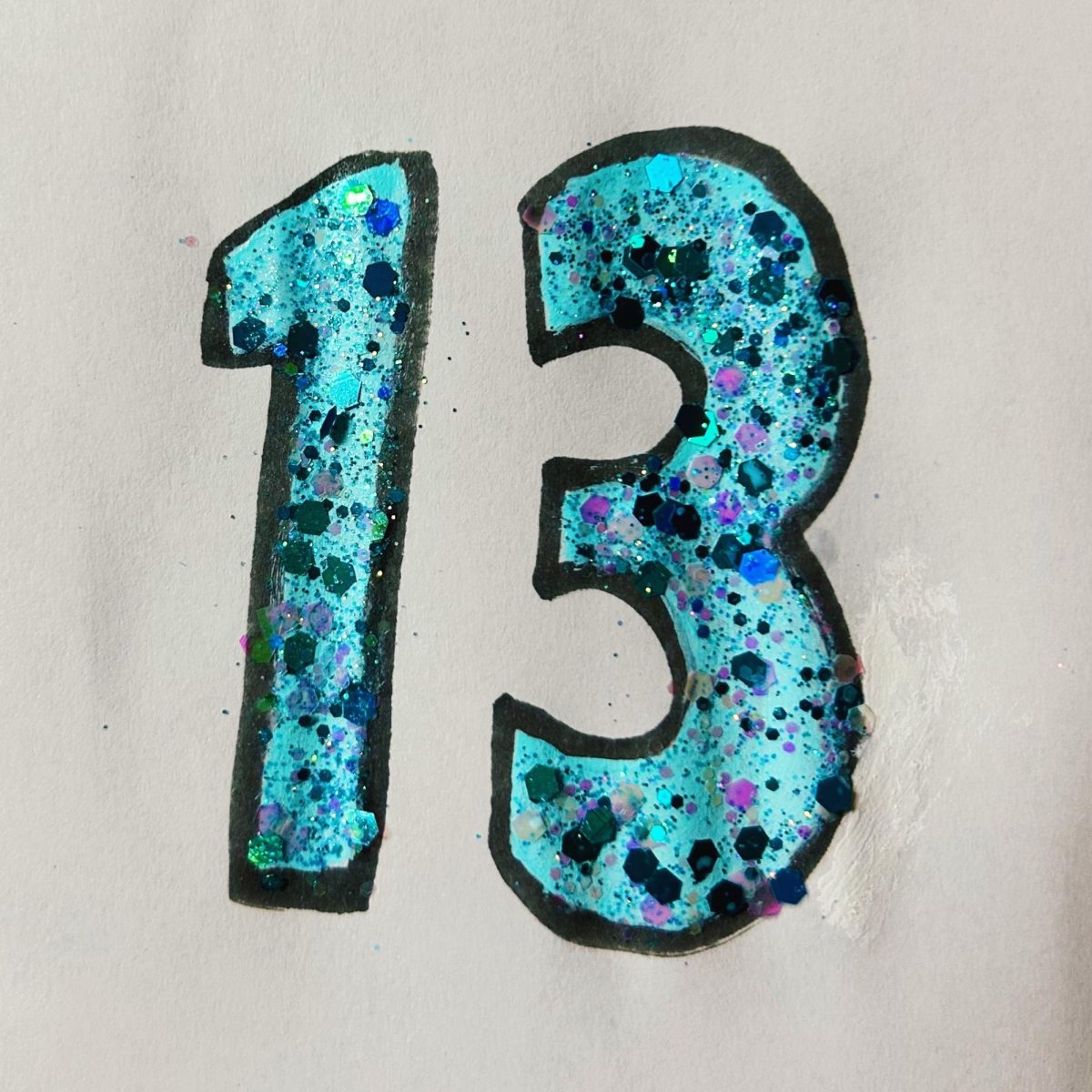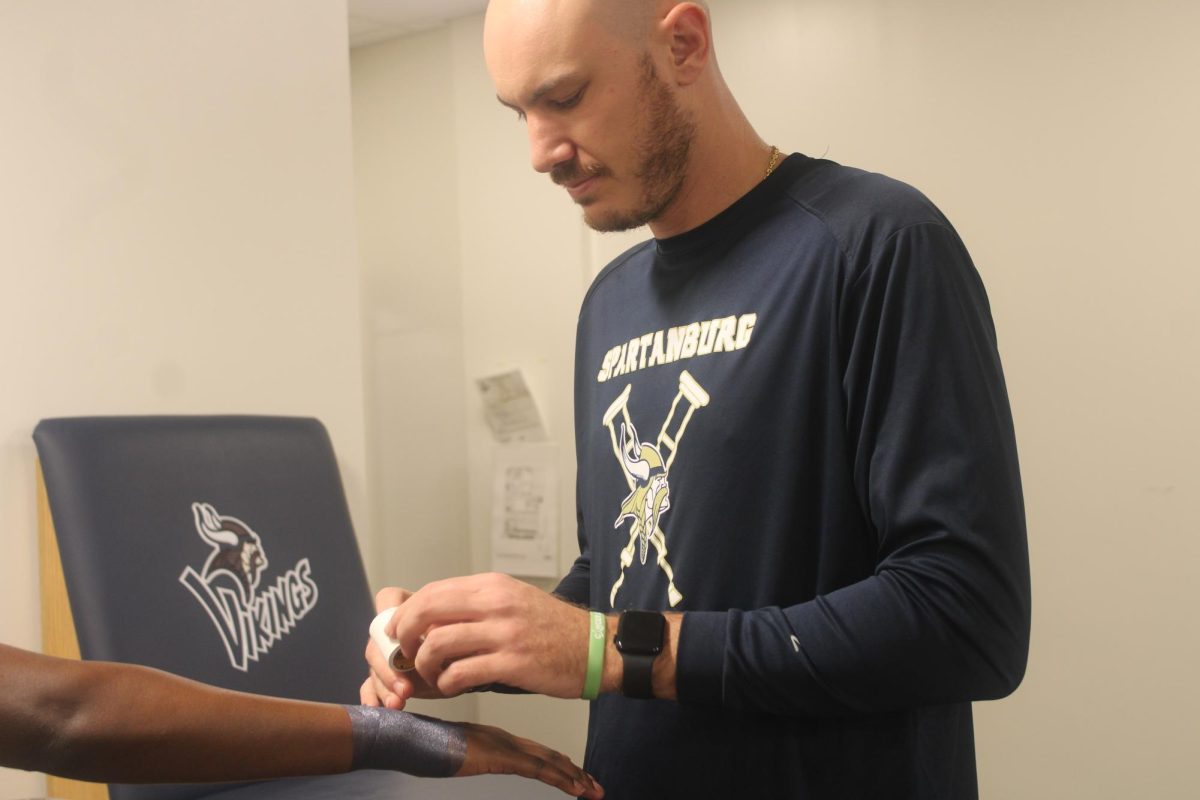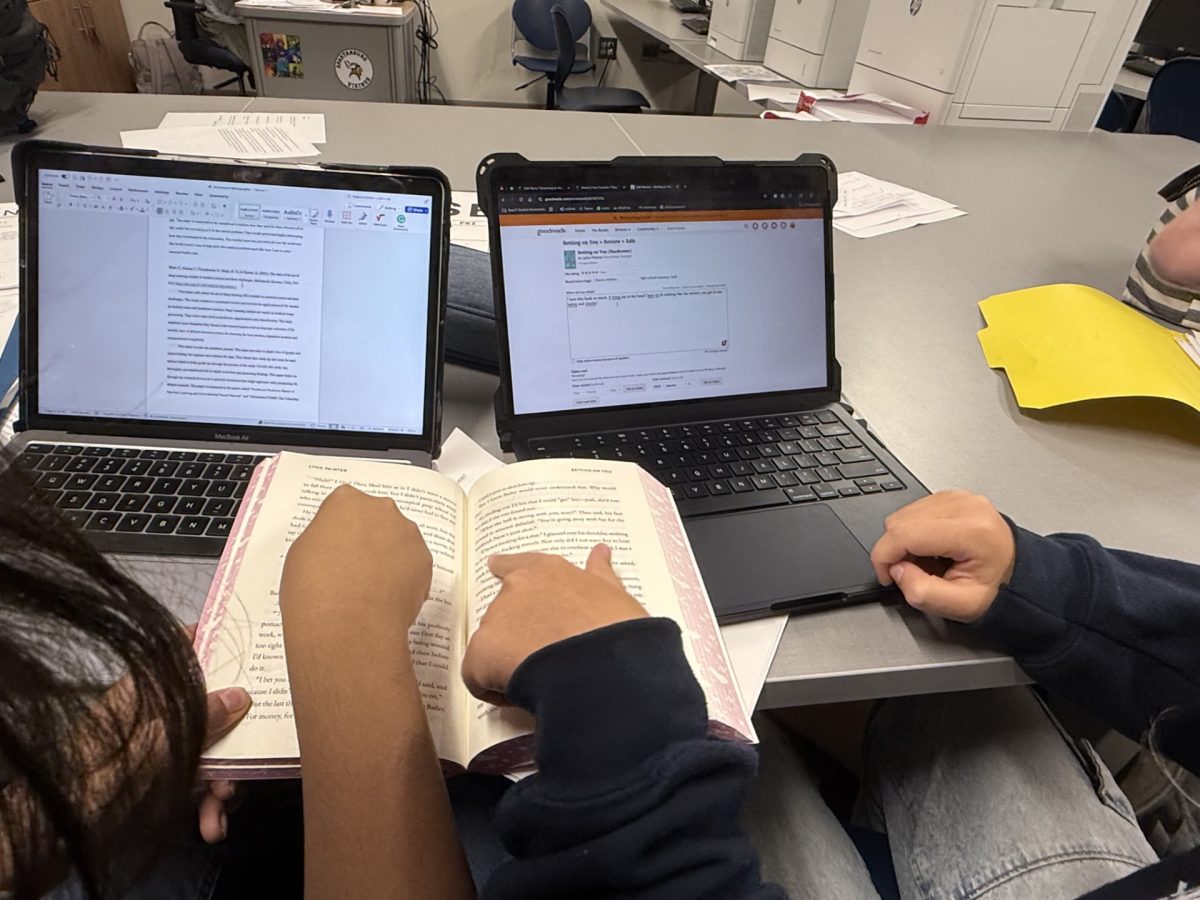Superstitions are beliefs people have that are based on fear and luck. They tend to practice the superstitions they believe will make them successful and avoid the ones that cause panic. For instance, athletes on a team may have a certain routine they follow before a game that they believe will bring them luck to win. If this routine is not completed perfectly, this can lead to stress and fear of the unknown. Some superstitions are viewed as unlucky – like the number 13.
The number 13 has been regarded as a luckless number throughout history. This is likely due to the number 12 being considered the “perfect number.” Throughout society, the number 12 is used in a variety of ways; in calendars, telling time and as the set number of jury members in a trial. Some people find twelve so perfect that it makes 13 look unusual. Some other theories according to history.com on why society regards the number 13 as unlucky are the 13th law being omitted from Hammurabi’s Code, Judas’ arrival as the 13th guest to The Last Supper and the god, Loki, arriving at a dinner party in Valhalla that was meant for 12 gods, not 13.
However, fear of the number 13 is primarily centered in the western hemisphere with other places being scared of other numbers. In East and Southeast Asia, the number four is believed to be unlucky because its sounds like the Chinese word for death. Even though 13 is a well-known superstition in America, only 9-10% of Americans have triskaidekaphobia, which is the name of the phobia of the number 13 according to readersdigest.com
Susu Wood (9) does not fear the number 13, but is superstitious about another number.
“I am not superstitious about the number 13, but I am superstitious about the number seven,” Wood said.
Phobias can develop for many psychological reasons such as negative experiences associated with fear, having relatives with phobias and being exposed to the phobia at a very young age. Based on studies published by the University of South Carolina, people tend to favor what is familiar to them and disapprove of what is not.
Stanley Krippner is a psychology professor at Saybrook University and told “Time Magazine” why some believers are superstitious on the number 13.
“People are hard-wired to find meaning in various patterns, connections and perceptions,” Krippner said. “They need someone or something to blame when stuff goes wrong, and numbers are an easy target.”
Even though 13 is believed to be a scary number, some people consider the fear to be irrational or may even find the number to be lucky. In the 1880s, The Thirteen Club was created to disprove the widespread superstition that 13 people should not sit at a table together or one will die within a year. This club included five presidents as honorary members. They met on the 13th day of the month and served dinner to 13 people to counteract this theory. The club had at least 400 members in 1887, including William McKinley, Grover Cleveland and Theodore Roosevelt.
The 28th President of the United States, Woodrow Wilson, actually thought that 13 was one of the luckiest numbers and even dropped his middle name, Thomas, in order for the letters in his name to sum up to 13.
“Thirteen has been my lucky number right along,” Wilson reportedly said.









